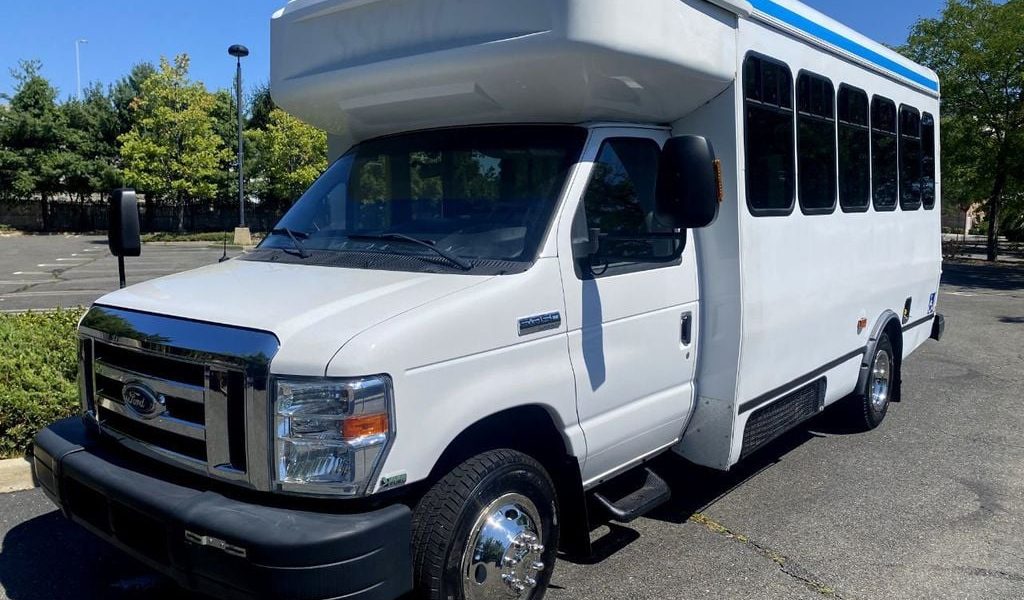Looking to buy a church bus? The ongoing safety concern of 15-passenger vans is perhaps the most compelling reason why churches should choose a bus instead of a van for their transportation ministries.
In 2005, the National Highway Traffic Safety Administration reissued a consumer advisory for users of 15-passenger vans. If your church continues to use a 15-passenger van, be sure to read the information at the NHTSA website, www.nhtsa.gov. Also check with your insurance company, as many are either placing additional safety requirements on van use or refusing to insure them.
In many states, only a fully compliant school bus is allowed for transporting children to and from a school or daycare operation. Vans are not allowed for daycare transportation. Although a daycare bus is not restricted by law to only daycare operation, it is designed for children and will not be comfortable for adults on anything more than a very short trip.
Acquiring the right vehicle for your church involves more than simply comparing sticker prices. Bus manufacturers today provide vehicles that represent safer and better overall stewardship choices compared to 15-passenger vans.
Here are further reasons to consider a bus over a van when shopping for a new (or used) vehicle for your church.
Cost of Operation
Fuel economy favors a bus over a van. A 25-passenger gas bus gets about 10 miles per gallon—comparable to a 15-passenger van, which for safety reasons should carry no more than 10 passengers. You need three vans to transport 25 passengers, thereby tripling the fuel cost compared to a single bus.
Even when compared to passenger cars, the bus provides better economy. You need five cars to transport 25 passengers. If the cars get an average of 20 miles per gallon, the five cars would use a total of 25 gallons of gas on a 100-mile trip, compared to just 10 gallons used by the 25-passenger bus. Diesel buses do even better with fuel, delivering up to 17 miles per gallon.
A note of caution…Every motor vehicle requires repairs and maintenance. Be sure to budget several thousand dollars per year to assure long life and safe operation. Many sellers of used buses do not recondition them.
The matter is made worse when the bus you just purchased requires $5,000 in repairs that the last owner didn’t bother to do. Buy your used bus from a reputable dealer; you will not regret it!
Increased Participation
The oldest members in your congregation have started to give up their cars. Others are unable to afford the increased cost of fuel. Over the next few years, many will be less willing to drive after dark because of cataracts and other problems with eyesight.
A bus is a natural alternative for keeping senior citizens active in evening and travel programs, especially in the fall and winter when driving is even more hazardous due to road conditions and fewer daylight hours.
Seniors are also the most likely to participate in retreats, all-day meetings, distant special events, and social outings when the transportation is being provided by the church.
Outreach
Bringing children to Sunday school on a bus inspires parental confidence and opens the church doors for families to join their children in religious education and worship. When equipped with ramps, buses clear the way to the church for the faithful of all ages in wheelchairs.
All things considered, buses represent considerable value to a church. A used small bus is less than that of a new van and the long-term costs and benefits favor the bus.
It just makes sense to consider a vehicle designed from the ground up for safe transportation of people, rather than one designed for cargo and adapted to carry people.
This information is courtesy of Superior Buses, one of the most experienced shuttle bus, minibus, and wheelchair van sales agencies in the United States and Canada, www.superiorbuses.com.






